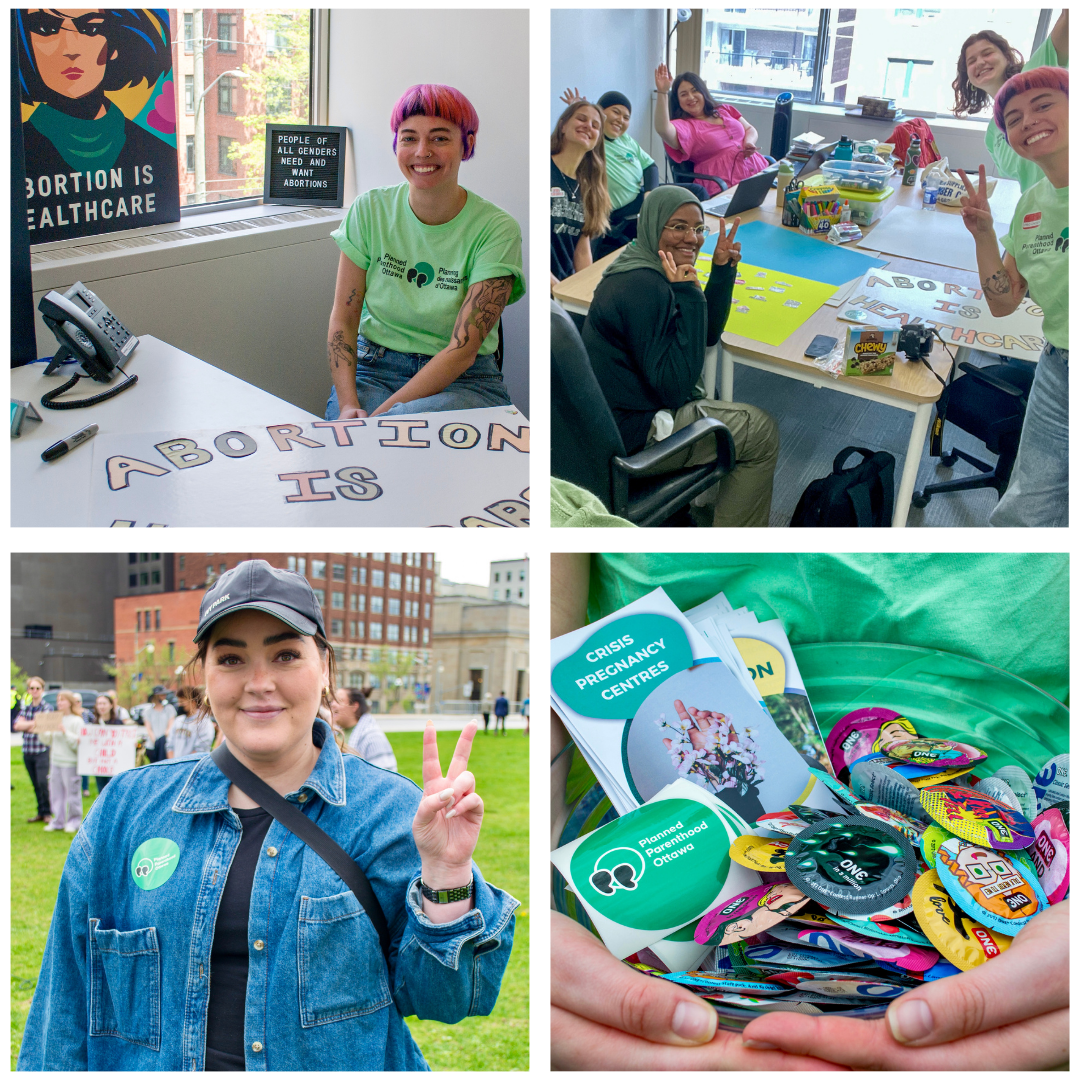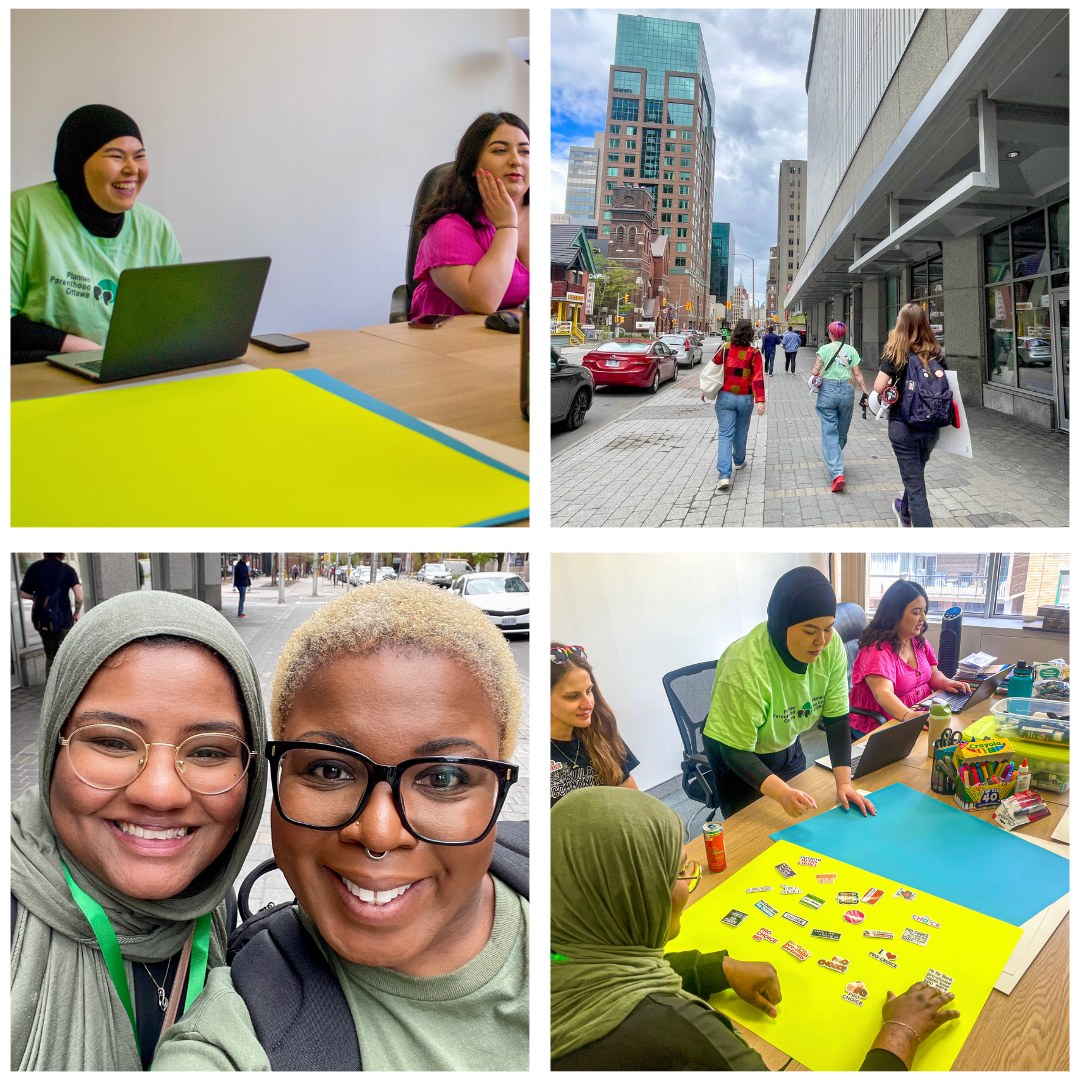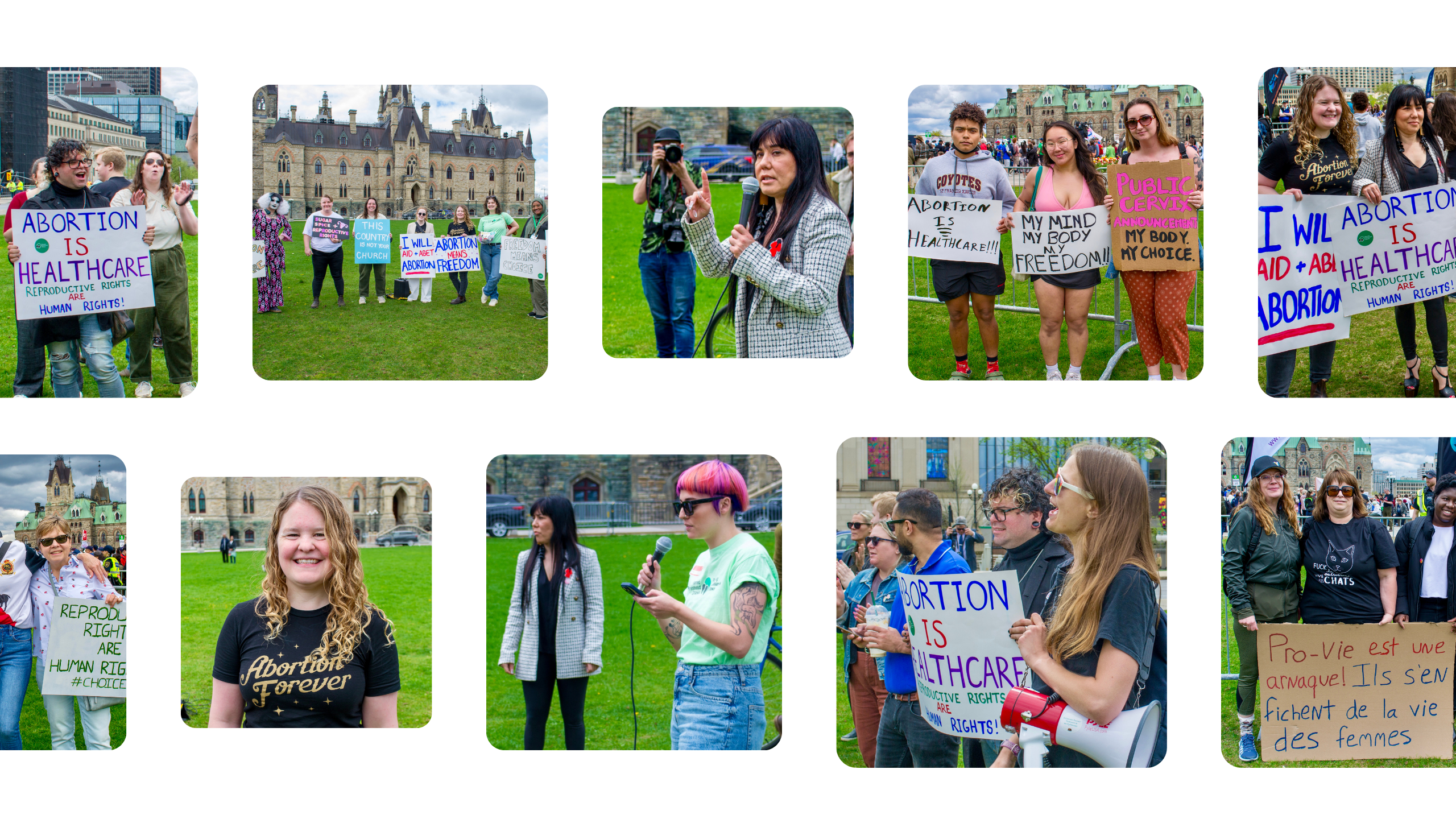Addressing gender-based violence (GBV) requires recognizing its connections to reproductive justice and implementing comprehensive strategies that prioritize service users’ autonomy, access to healthcare, and legal protections. This includes advocating for policies that protect reproductive rights, and challenging societal norms that perpetuate violence and control over individuals and their bodies.
GBV often involves controlling behaviors aimed at restricting a person’s reproductive autonomy. This can include coercion or force to either become pregnant or prevent pregnancy, such as through reproductive coercion, where partners sabotage contraception or pressure individuals into unwanted pregnancies. Individuals who experience GBV may also face barriers in seeking contraception, prenatal care, or abortion services due to factors like economic dependence on their abuser, fear of retaliation, or lack of information about available resources.


Laws and policies related to GBV and reproductive rights often intersect and either support or hinder someone’s access to justice and reproductive healthcare after experiencing sexual and/or GBV. For example, restrictive abortion laws can further harm individuals who have experienced sexual violence by limiting their options and forcing them to carry unwanted pregnancies to term.
The intersection of GBV and reproductive rights is particularly pronounced for individuals facing intersecting forms of oppression, such as racism, ableism, poverty, or 2SLGBTQQIA+ discrimination. These individuals may experience compounded barriers to accessing reproductive healthcare and support services as many individuals from these communities often don’t see themselves reflected in the low-barrier services that are available, and may not feel safe accessing these supports.

Advocates working to address GBV and promote reproductive rights often recognize the interconnected nature of these issues. Collaborative efforts are essential to raising awareness, advocating for policy changes, and providing comprehensive support services that address the diverse needs of people who have experienced GBV.
Recognizing these intersections is crucial in developing holistic approaches to support service users’ and ensure their reproductive autonomy and rights are protected. By addressing GBV and reproductive justice together, we can work towards a more equitable and just society for all individuals.
Learn more about local organizations advocating for reproductive justice in Ottawa:

